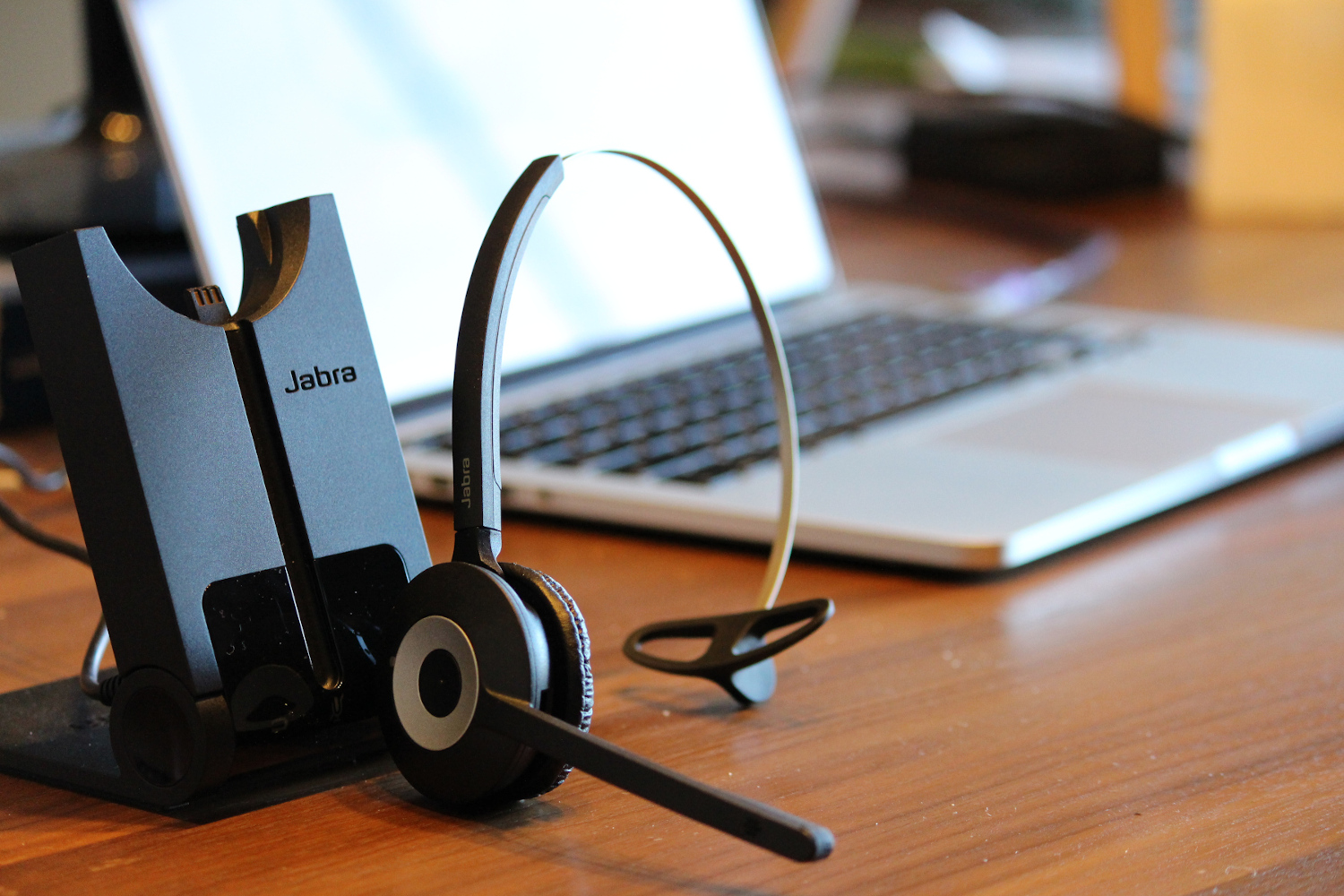Blog
Creative destruction - The birth of Taylor Analytics

You may be wondering why I decided to start a new business in the
middle of a global pandemic. With economic uncertainty higher than
it has been for generations, it might not seem like an ideal time to start a
potentially risky venture to go it alone.
The reality is that it was destruction that led to this creation.
I had toyed with the idea of starting my own venture for many
years, but I had enjoyed incrediby rewarding careers in large
organisations for a number of years. Those roles took me across
the globe, and gave me exposure to projects that I would have
never dreamed of. I learned incredible things - like why
Brazilian pepper trees present challenges when operating road
maintenance contracts in Florida - and why water leakage is an issue
for water utilities in Northern England - and about the challenges
and incredible importance of government provided social housing.
Those roles kept me in a constant state of challenge, and
continued to provide me with a rewarding career that outweighed
the risk of starting a business.
As a Chartered Accountant turned business improvement specialist
(who is also the son of an Accountant), I was trained to identify
risk - and I like to think that I'm good at it. However being
able to identify risk is also a great way to find all of the
reasons not to do things.
In early 2020, I made a move to a newly created role focussing on digital
transformation within a Finance team. This role was again
incredibly rewarding, and gave me an opportunity to work with some
great individuals in a great organisation.
And then along came the pandemic, and with it, some incredibly
challenging business conditions.
In order to respond to that, the organisation that I was working for commenced a restructure
and unfortunately, having only been there a number of months, my
role was made redundant.
I hold no grudges or regrets about my time there. The time I shared
with the team (mainly over Microsoft Teams calls) over that lockdown
period was fantastic and made working through that lockdown period
enjoyable. I grew close to my team and we worked on some projects
that I am genuinely proud of. As I said at the time, I cannot
blame anyone for making my role redundant because as a business
improvement specialist, I would have done the same thing.
To me, restructures and redundancies (particularly in this environment)
are not about individual capability, but about organisational
capability and right-sizing, so I do not take it personally.
When I think about it, I am reminded of Joseph A. Schumpeter.
Those of you who are not economic history buffs might ask who
Joseph Schumpeter is.
Story time
When I was about 16 in high school, I got the
opportunity to complete a university subject at the University
of Western Sydney in Parramatta. I was also doing accounting at
TAFE as a high school subject, but for some reason I thought it
would be a good selling point to get a job if I were to go to
High School, TAFE and University all at the same time. So
every Thursday night my mum drove me to Parramatta and from
6pm to 10pm I would study microeconomics.
I realise that this makes me sound like a very diligent student -
I assure you - I was not. I was just looking for ways to make
up for years of not doing homework or studying.
In the tutorials for this subject, each student was given an
extract from an academic paper and tasked with summarising and
presenting it to the class. My extract was a chapter from
Joseph Schumpeter's book "Capitalism, Socialism and Democracy"
first published in 1942. The chapter was titled "The Process
of Creative Destruction".
It was a tough read at the time. Not due to the content - I
couldn't even get to the content. I had no idea what he was
saying! As a kid from a public school in Western Sydney, I had
no idea who "the managing bourgeoisie" were. It damn near took
me 3 days to work out that the managing bourgeoisie was a "who"
and not a "what". I sat there for weeks with a dictionary going
line by line translating this thing into Western Sydney english.
Having translated it into my English, I came to realise
what this paper was about.
This paper was about the birth of
innovation within an economy, and the cycles
that occur within economies, and the opportunities that those cycles create.
It was about the things that stiffle creative development and those
that foster it. Destruction is an inherently creative thing, because it
creates room to allow new things to grow.
It challenged some concepts about the way
that market structures (like monopolies and oligopolies) might
behave, and argued that even in the absence of a direct competitor,
good organisations seek innovation and differentiation because
competition might arrive, not just because it has arrived.
This chapter was fundamentally about the fact that existing
ways of thinking (and working) are continually destroyed and new ones
created in their place in the normal rhythm of economies.
Schumpeter pointed it out in 1942 and it is as true today as
it was then. One of the aspects of this is that while social
environmental changes "often condition industrial change, they
are not its prime movers...The fundamental impulse that sets
and keeps the capitalist engine in motion comes from the new
consumers' goods, the new method of production or
transportation, the new markets, the new forms of industrial
organization".
That paper resonated with me, and the concept of creative
destruction has stayed with me ever since. To me, this paper
makes me think about the economic situation
that we are presently in. The motivations that lead
organisations to fear competition from disruption are as
present now as they were before the pandemic. The organisation
that gets ahead in this challenging market is the one that finds a way to innovate
despite the challenges. The one that automates that process, that
masters their data and uses it to their advantage, that changes
the way that they interact with their customers to be more
aligned with how their customers like to work.
Despite the amount of upheaval and change, this time has the
opportunity to be an incredibly creative period, so given that,
I couldn't think of a better time to start a business to help organisations
with Digital Transformation. It means that I can provide my
expertise in doses that match my clients so that organisations
can navigate the complexity of change but don't need to
commit to full time resources. I can be small and agile, and
mould to suit them during a time where their improvement
investment really needs to matter.
I'm working in an industry that I love, and I'm excited
about the future.
Contact us
Contact us and find how our services can benefit your company.
contact@taylor-analytics.com


Taylor Analytics Pty Limited
©2020 by Taylor Analytics.
Proudly created by Taylor Analytics